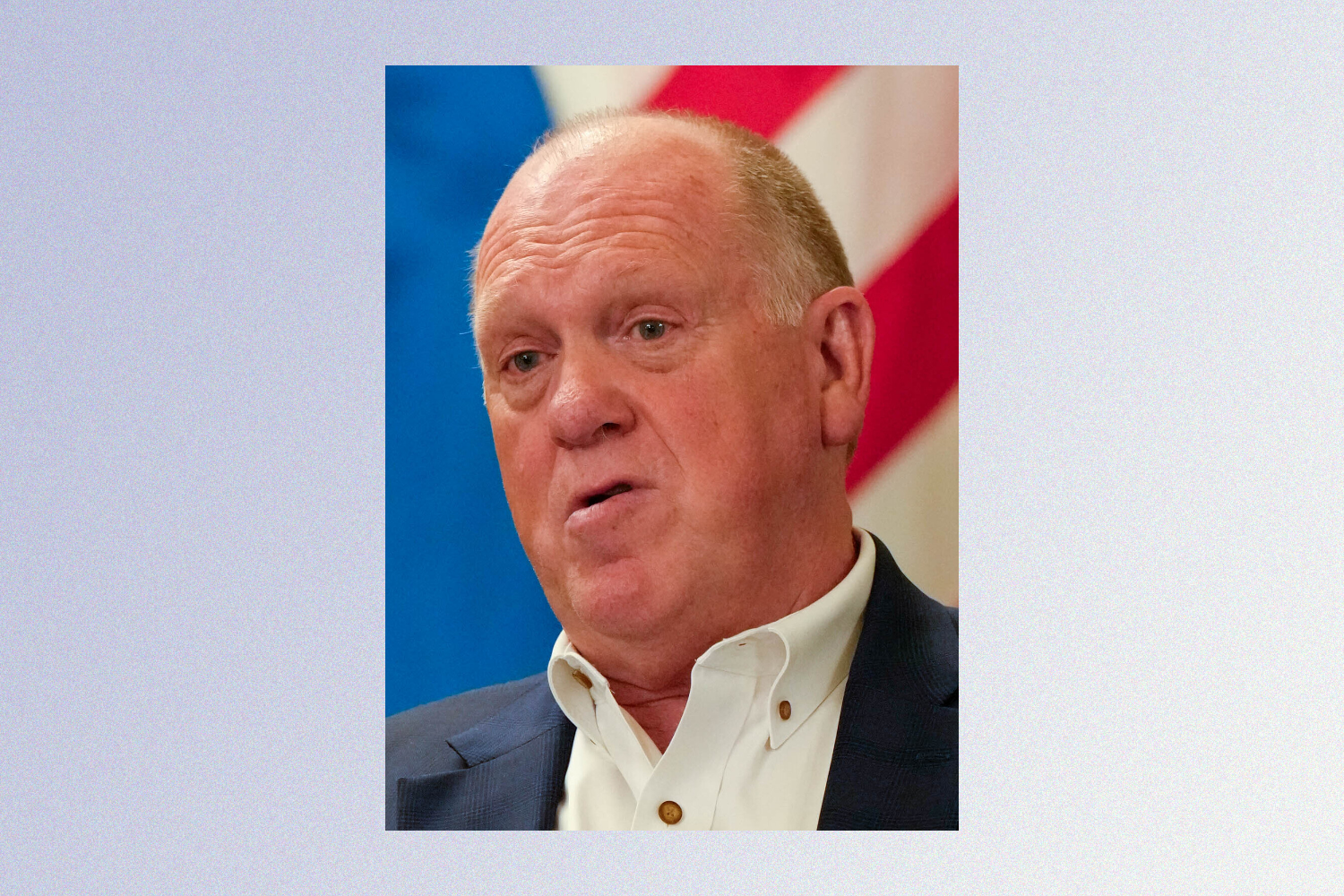Welcome back to The Flyover, your daily digest of important, overlooked, and/or interesting Minnesota news stories.
Southwest Voices, Connector Become One
Neighborhood newspaper Southwest Connector launched in 2021 with Tesha Christensen at the helm. (Christensen is also behind two other community newspapers, the Messenger in Minneapolis and Monitor in St. Paul.) Southwest Voices debuted later that same year, and with the same purpose: reporting on the Minneapolis neighborhoods that had previously been served by Southwest Journal.
Unfortunately, the latter local pub took a pause to "reset" in May; its founding editor was laid off, along with the founding editor of sister publication Downtown Voices. So there's good news for fans of both hyperlocal news outlets today: Southwest Connector and Voices are merging.
"After three years of Southwest Voices pacing [sic] the way as a digital news publication and the Southwest Connector establishing itself as the area’s premier print publication, the timing was right to join forces and become something bigger, stronger, and more resilient," an Instagram post from the new joint venture reads. "We’ll still have the same great local neighborhood flavor, but this time, as one team."
The publication will be in print (as Southwest Connector has been since 2021) but will be called Southwest Voices. And there's more news on the horizon in terms of who's staffing and writing for the news outlet.
Too Many Soybeans, Not Enough Cannabis
It’s a tale as old as time: You want to buy some weed, but no one’s holding. Right now, THC shops licensed as micro retailers are struggling to get any stock on shelves, and it's putting the viability of their businesses at risk. “It’s like getting a driver's license, but you have no car to drive,” Sarabear Kelly-Modlin, co-owner of Lucky Strains, tells Nicole Ki in this thorough MPR story.
So what’s the holdup? There are many reasons, one obvious one being that there are way more licensed retailers than cultivators and manufactures. Some tribes have compacts that allow for wholesale deals, but there aren't enough testing facilities or licensed transporters to get the product out in a timely manner. Plus the state’s compliance system is notoriously slow.
On the other side of the crop coin, Minnesota soy farmers are still overstocked and waiting for Trump’s trade war with China to end. China is by far the biggest soybean buyer in the world—they crush it into feed for livestock—but they’re shopping elsewhere for beans in 2025.
“[Argentina] received a $20 billion bailout from the U.S. this month,” writes Brian Arola at MinnPost. “Almost immediately afterward, according to the American Soybean Association, Argentina waived taxes on soybean exports and sold 20 shiploads to China.”
While farmers are filling up silos and looking into (not-so-great leads) for U.S. soy buyers, many aren’t holding out hope for a solution anytime soon. “China is a long-game player,” says MN soybean farmer Joel Schreurs. “They’ll take a hit for a year or two to win in the next eight.”
Sahan Journal Hosts Hmong Immigration Forum
There have been safer times to be an immigrant in this country. With government strike forces assaulting cities and abducting their residents, it’s a good time to learn your rights—and when your rights might not be enough to protect you.
With that in mind, Sahan Journal recently hosted a live Instagram conversation about immigration issues facing Hmong refugees in the U.S. Among the questions discussed was, “Why not just become a citizen?”
One problem: A denied citizenship application can result in deportation. And the Trump administration is getting stricter about citizenship as well, with the statutory requirement of “good moral character” interpreted more stringently.
They’ve made the citizenship test more difficult, too, with eight new questions added to the list of 100 that may appear on the naturalization exam. And where applicants had to answer 6/10 before to pass, now they’ve got to answer 12/20. Curious how many ICE agents could pass.
Judge: Judge Cannot Be Named Judge
Some people think they’re pretty sneaky. Take John Peter Dehen, a retired Anoka County judge who, apparently, really misses being called “judge.” So much so that he requested a name change to “Judge John Peter Dehen.”
Not so fast, said Ramsey County Judge Leonardo Castro—or, for clarity’s sake, let me say “Leonardo Castro, a Ramsey County judge.” Castro found that the application was made “in bad faith and with intent to mislead.”
MPR’s Matt Sepic had this to say about why Dehen’s no longer a judge:
The Minnesota Supreme Court found that Dehen wrongly held a hearing involving confidential juvenile matters from a moving vehicle while riding to a family member’s swim meet. The justices also found that he improperly ordered an administrator to give his court reporter a raise despite a clear conflict of interest.
Still, think of how many politicians we might be able to coax into retirement if we let them keep their titles as their first name.







